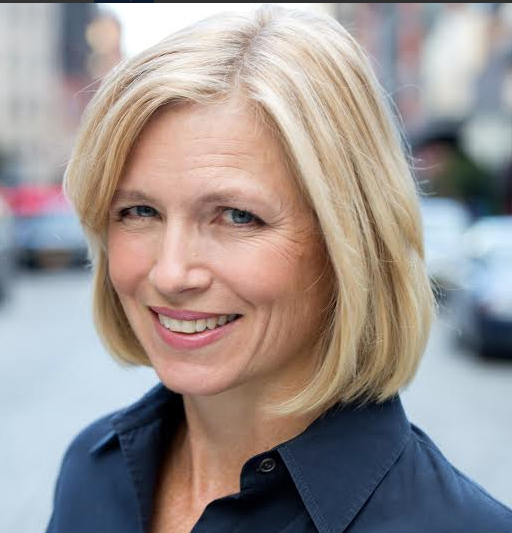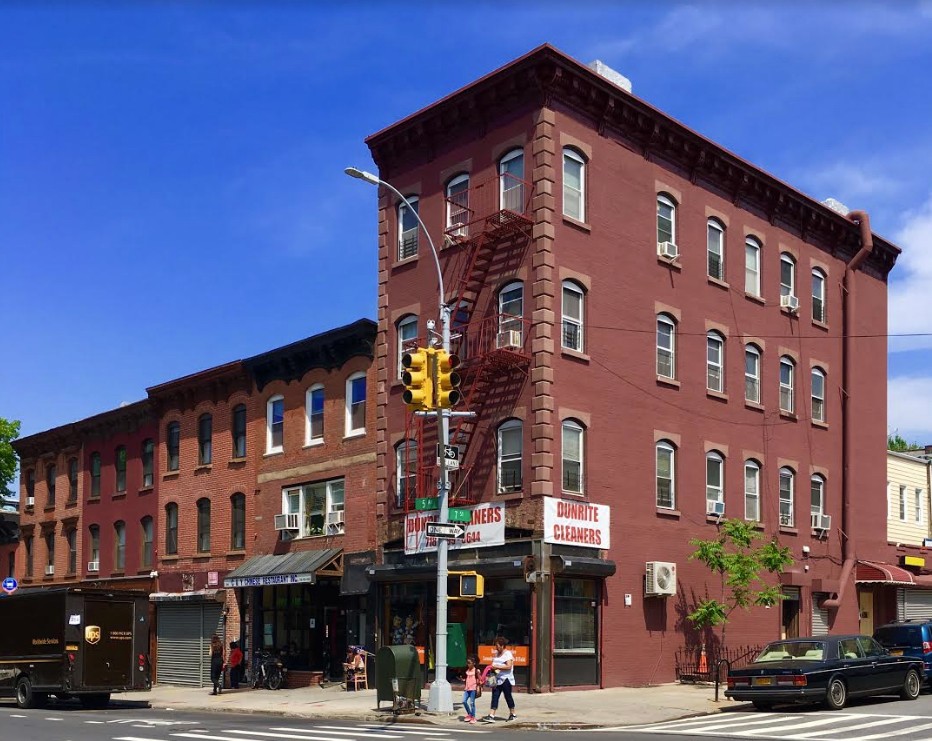Brooklyn writer reveals ‘Intimate Journey Through the Science of Sound and Language’
Brooklyn BookBeat: Author To Speak in Park Slope

Brooklyn-based science journalist Lydia Denworth has devoted her life to the art of words and language. A former Newsweek reporter, London bureau chief at People magazine and professor of Journalism at Fordham University, Denworth is particularly attuned to linguistics and semantics — yet when her third son, Alex, was a baby, all she knew about language seemed to failed her. Just before Alex turned two, he was diagnosed with moderate to profound hearing loss, and Denworth was forced to come to terms with the fact that her evening routine of reading and singing lullabies had not reached her son in the way she had imagined.
Though she was distraught, Denworth resolved to take charge of the situation. She extensively researched the issues her son faced and quickly learned that hearing is intricately tied to language and literacy. Alex struggled to learn to talk, even with hearing aids, and before long, his hearing deteriorated. Denworth and her husband opted to get Alex a cochlear implant — a life-changing and controversial piece of technology.
In her new book, “I Can Hear You Whisper: An Intimate Journey through the Science of Sound and Language” (Dutton; April 17 Denworth reveals her extraordinary journey toward understanding the brain’s remarkable plasticity as she relates one boy’s convoluted quest to grasp language and literacy.
